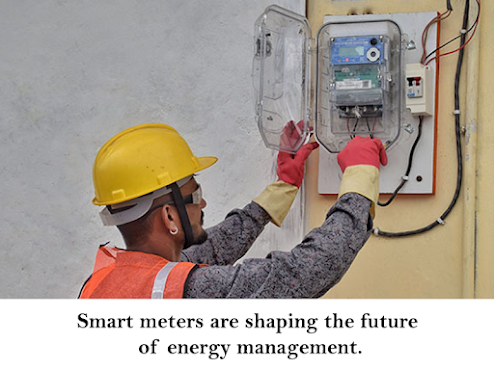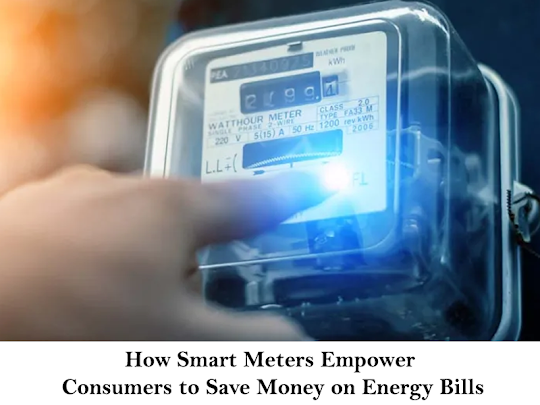Smart meters are shaping the future of energy management
A smart meter is a segment of the electrical grid infrastructure and refers to an electronic device that permits remote monitoring and the recording of energy consumption. According to research, as of January 2024, approximately 8.4 million smart meters were installed in the country. The implementation of Smart meter solutions in Kolkata may aid in modernising the energy infrastructure.
What is a smart meter? How is it different from your existing electricity meter?
Smart meters are electronic devices that measure the amount of electricity and provide real-time data on energy consumption.
Smart meters differ from existing electricity meters in the following ways:
Real-time monitoring: Smart meters provide real-time data regarding energy consumption, whereas existing meters require manual readings.
Remote access: Smart meters may be accessed remotely, allowing energy providers to monitor energy usage and detect issues quickly.
Are smart metering solutions really the need of the hour?
India is expected to continue with its robust growth and is well poised to become the third-largest economy by FY 2029-30. In order to support such growth, one of the key infrastructures that will be required will be the availability of quality power at economical rates. The 20th Electric Power Survey estimates a peak demand of 335 GW in FY 2029-30, an increase of around 50% from the current peak demand of around 216 GW. Therefore, India will have to ensure that its power sector keeps growing at around the same rate in order to act as an enabler in achieving the goal.
To achieve the country’s growth goals, it becomes imperative that besides adding new capacity for power generation, we also use the generated power more efficiently. This is where the smart meters come in. The smart meters can help DISCOMs improve their operational efficiencies and financial sustainability. For instance, using smart meters can help DISCOMS reduce their Aggregate Transmission and Commercial (“AT&C”) losses from 23% to about 13% and enhance the quality, trustability and affordability of power supply to consumers through an operationally efficient and financially sustainable distribution sector.
In fact, to aid this objective of strengthening the power sector, the Government of India, in June 2021, approved the Revamped Distribution Sector Scheme (“RDSS”). This scheme provides financial assistance to DISCOMs to strengthen their supply infrastructure by modernising it with smart meters. Under this scheme, the Government has set a target of installing 250 million smart meters nationwide by 2025. As of April 2024, only 10 million smart meters are installed across the country.
Advantages of smart meters
The following are the benefits of smart meters:
No monthly meter readings
This eliminates issues of access and unavailability of consumers at their residences. Smart meters send automatic and precise readings to consumers.
Reduces blackouts and helps to optimise electric loads
Electric suppliers may predict the demand for energy and make smart decisions regarding supply. Companies can optimise electric loads and significantly lower blackouts with smart meters.
Conclusion
Smart meters introduce advanced technology that can help in monitoring energy consumption in a more efficient manner. Innovel is a registered AMISP (Automated Metering Infrastructure Service Provider) providing smart meter system integration solutions across the country, with over 3.5 lakh installations to date. Consider making an investment toward a sustainable and cost-effective future; for any queries regarding smart meters, kindly feel free to contact us.



Comments
Post a Comment